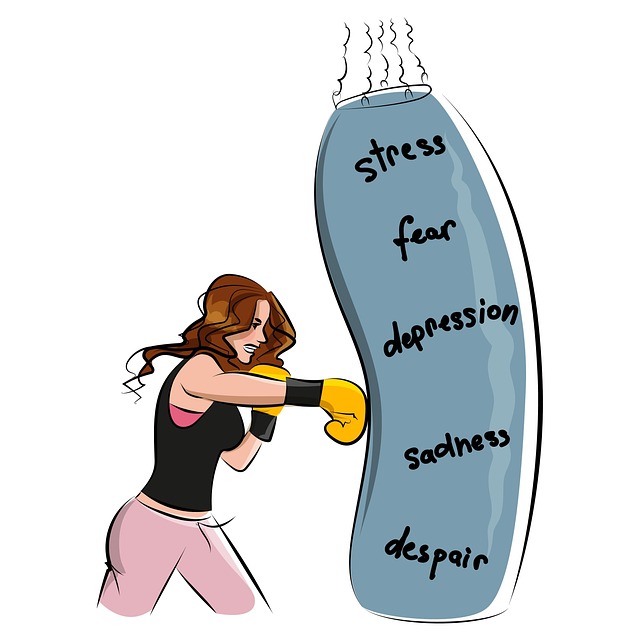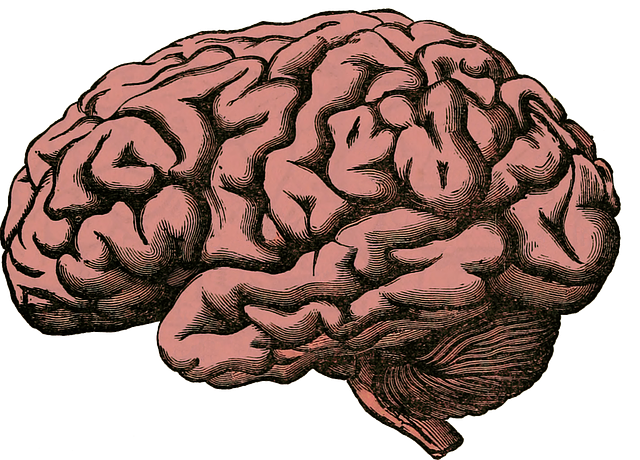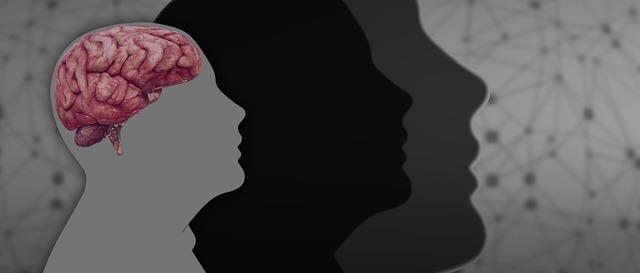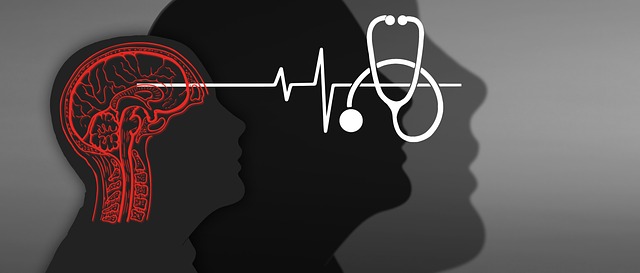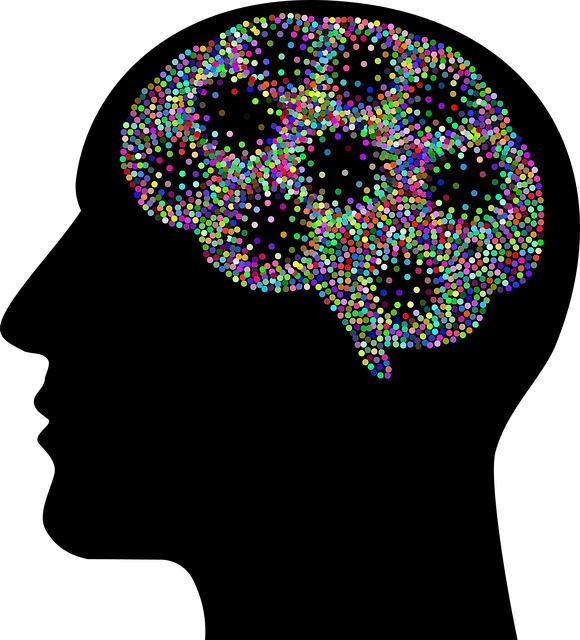Emotion regulation is a vital aspect of mental healthcare for elderly cancer patients, addressing complex feelings intensified by physical treatments. Tailored, culturally sensitive therapy, including crisis intervention and self-care routines, significantly enhances well-being. Techniques like mindfulness meditation, Crisis Intervention Guidance, Conflict Resolution, and Positive Thinking are core components of Therapy for Elders Cancer Issues, fostering emotional resilience and enabling elders to navigate cancer care challenges with equanimity. Teaching these strategies empowers caregivers, encouraging personalized, empathetic support that reduces stigma and promotes positive thinking, ultimately enhancing patient care and caregiver well-being.
Emotion regulation techniques are essential tools for elderly cancer patients navigating challenging health issues. This article explores strategies tailored to enhance coping mechanisms, offering a supportive framework for both patients and their caregivers. We delve into understanding the unique emotional landscape of aging with cancer, providing effective methods to manage and express feelings constructively. Additionally, we highlight the transformative power of teaching as a means to empower caregivers, fostering better care and improved outcomes in cancer support.
- Understanding Emotion Regulation for Elderly Cancer Patients
- Effective Techniques to Manage and Express Emotions
- The Role of Teaching in Enhancing Coping Strategies for Cancer Caregivers
Understanding Emotion Regulation for Elderly Cancer Patients

Emotion regulation is a vital aspect of mental healthcare, especially for elderly cancer patients facing the unique challenges of their diagnosis and treatment. Understanding and managing emotions effectively can significantly enhance their overall well-being during this difficult period. These individuals often experience a range of complex feelings, from fear and anxiety to anger and sadness, which can be exacerbated by the physical toll of cancer and its treatments.
A tailored therapy approach for elders with cancer issues should consider cultural sensitivity in mental healthcare practice, ensuring that interventions are culturally appropriate and respectful. Crisis intervention guidance can play a crucial role in providing immediate support during emotional crises. Additionally, encouraging self-care routine development for better mental health is essential, helping patients find healthy coping mechanisms to navigate their emotional landscape.
Effective Techniques to Manage and Express Emotions

Emotion regulation techniques play a pivotal role in enhancing quality of life, especially for individuals navigating challenging situations like cancer care. For elders facing cancer issues, learning effective strategies to manage and express emotions can be transformative. Therapy for Elders Cancer Issues often incorporates tailored techniques that foster emotional resilience. One powerful approach is mindfulness meditation, which encourages staying present, acknowledging feelings without judgment, and cultivating a sense of calm amidst turmoil.
Beyond mindfulness, Crisis Intervention Guidance offers practical tools for immediate emotional support during distressing events. This includes deep breathing exercises, progressive muscle relaxation, and reframing negative thoughts into more positive perspectives. Conflict Resolution Techniques can also be valuable in managing emotions related to communication breakdowns with healthcare providers or loved ones. By combining these evidence-based practices with Positive Thinking, individuals can develop a robust emotional coping kit, enabling them to face cancer care’s ups and downs with greater equanimity.
The Role of Teaching in Enhancing Coping Strategies for Cancer Caregivers

Teaching plays a pivotal role in empowering cancer caregivers to navigate the emotional challenges they often face. By incorporating emotion regulation techniques into their care, healthcare providers can significantly enhance the coping strategies of elders grappling with cancer issues. These techniques offer valuable tools to manage stress, anxiety, and depression, which are prevalent among caregivers. Through structured teaching sessions, caregivers learn effective ways to process their emotions, fostering resilience in the face of such a demanding role.
Incorporating cultural competency training for healthcare providers is essential in this context. Understanding the unique cultural perspectives and beliefs of both caregivers and patients allows for more tailored and sensitive support. This, coupled with mental illness stigma reduction efforts, creates an environment where caregivers feel comfortable seeking help and adopting positive thinking practices. As a result, they are better equipped to provide high-quality care while maintaining their own well-being.
Emotion regulation techniques play a pivotal role in enhancing the quality of life for elderly cancer patients and their caregivers. By understanding and implementing effective strategies, as highlighted in this article, we can significantly improve coping mechanisms. Through tailored therapy for elders with cancer issues, combined with teaching resources, individuals can navigate the challenges associated with this disease state more adeptly. These practices not only empower patients but also foster resilience among caregivers, ultimately enriching their shared journey.

